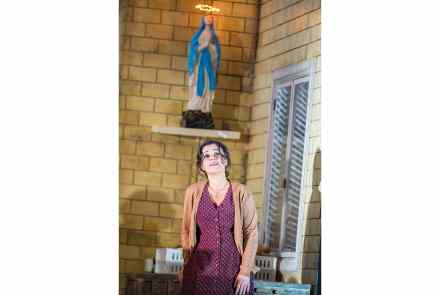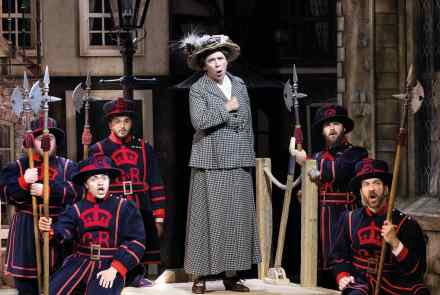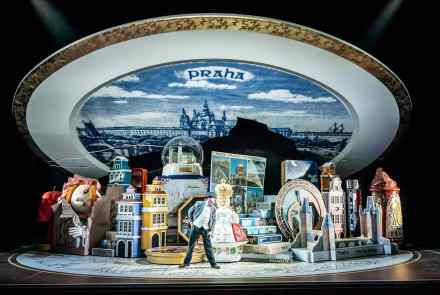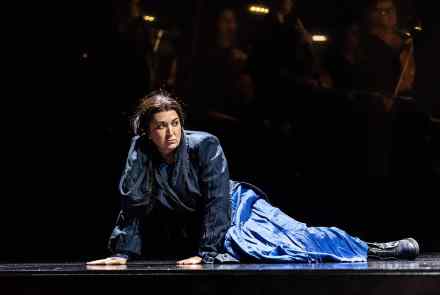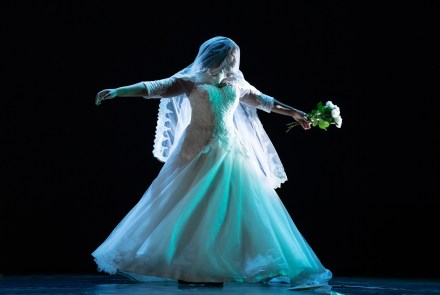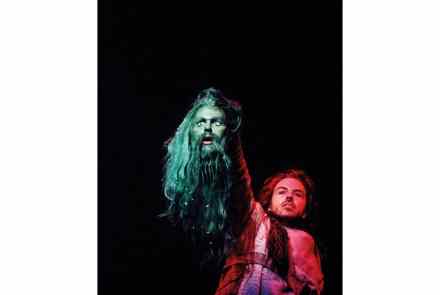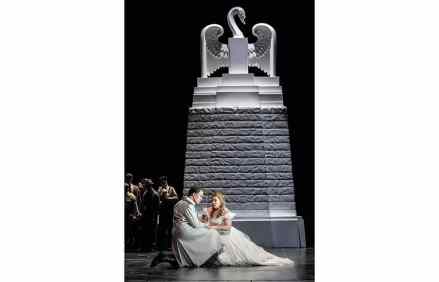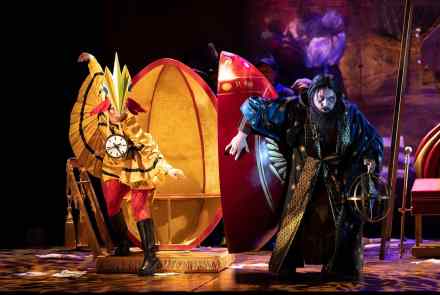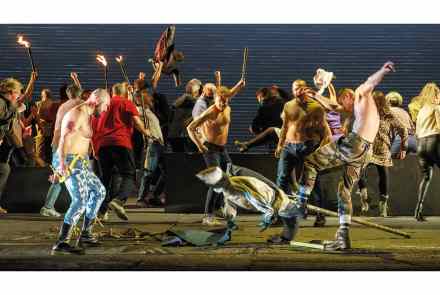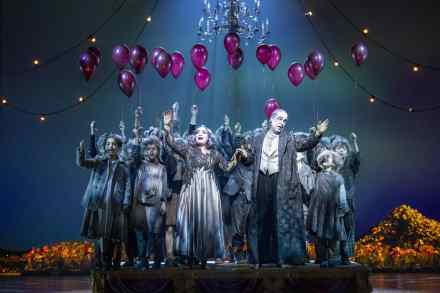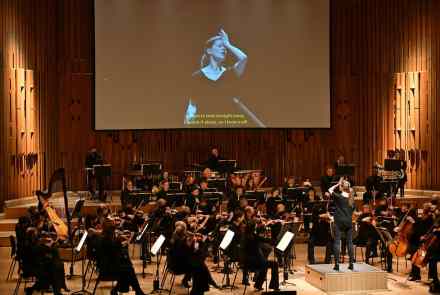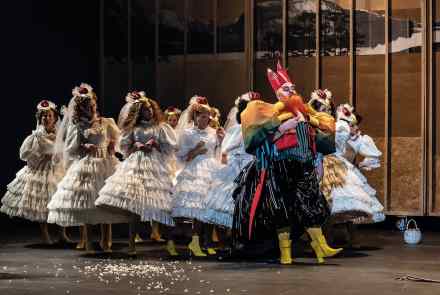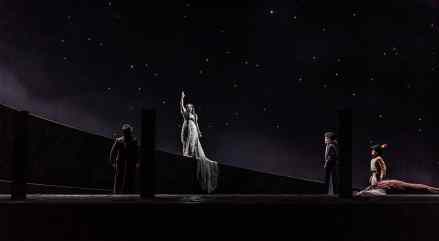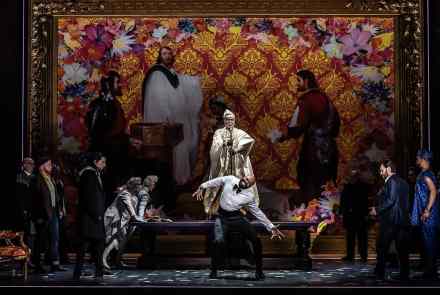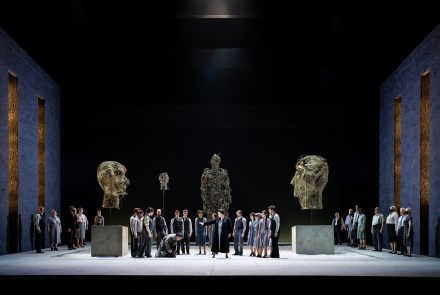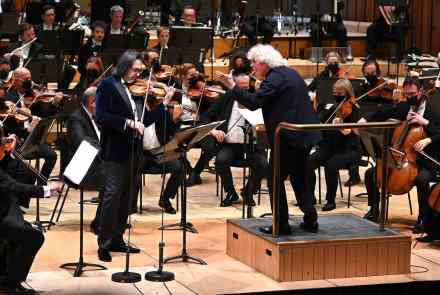A bleeding, inch-thick hunk of verismo sirloin: Royal Opera’s Cav and Pag reviewed
One legacy of lockdown in the classical music world has been the sheer length of the 21-22 season. In a typical year, most orchestras and urban opera companies would be winding down by mid-May. Not this time: after two years of postponements, and with lost income to recoup, seasons are stretching out like the finale of Dvorak’s Cello Concerto. Rumour maintains that audiences are being stretched too thinly, and although it’d be naive to infer anything fundamental from a smattering of vacant seats, it did feel surprising to see empty patches for the first night of the Royal Opera’s Cav and Pag. Absent Kaufmaniacs, disappointed by Jonas’s latest no-show? (He
